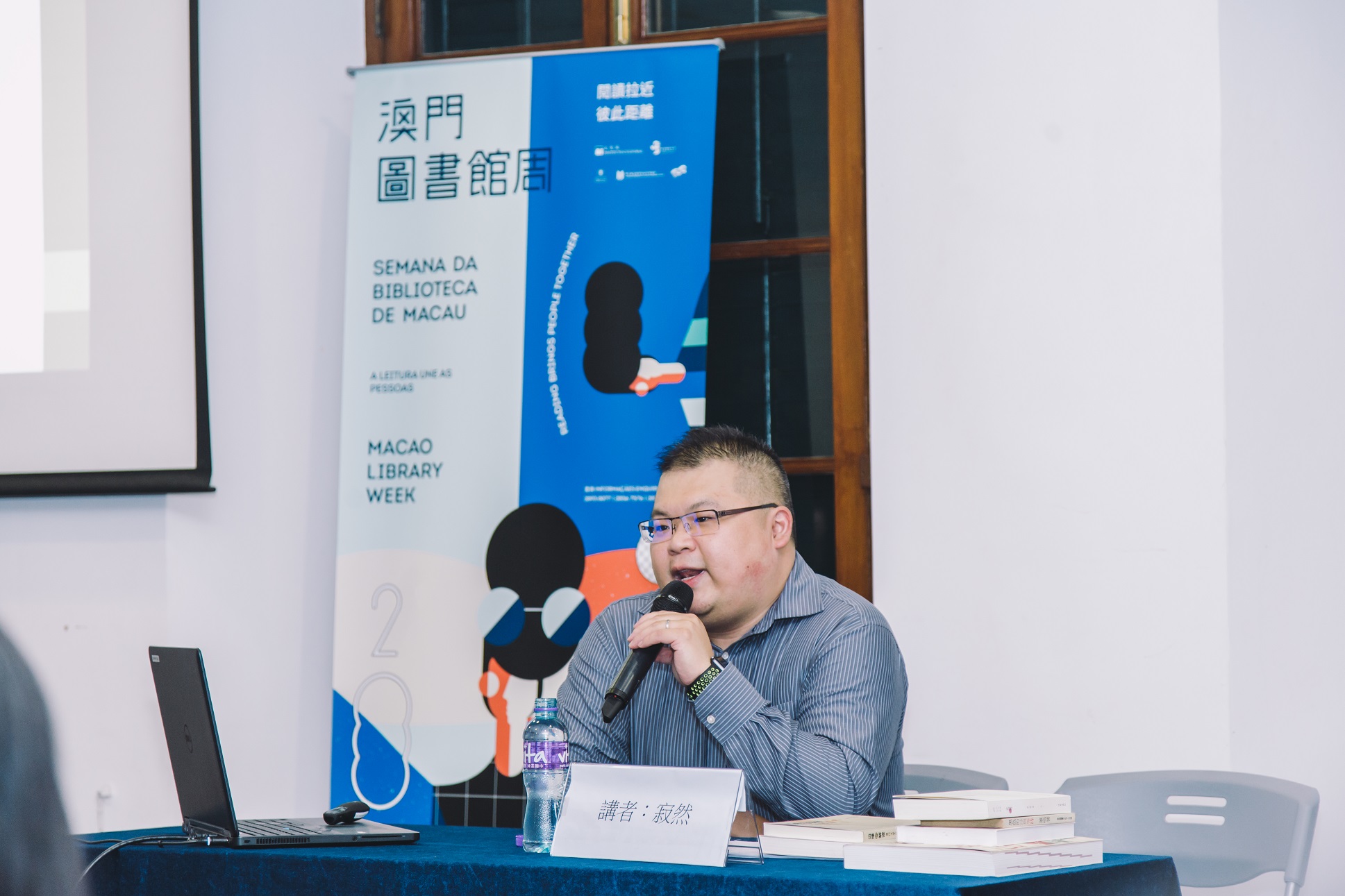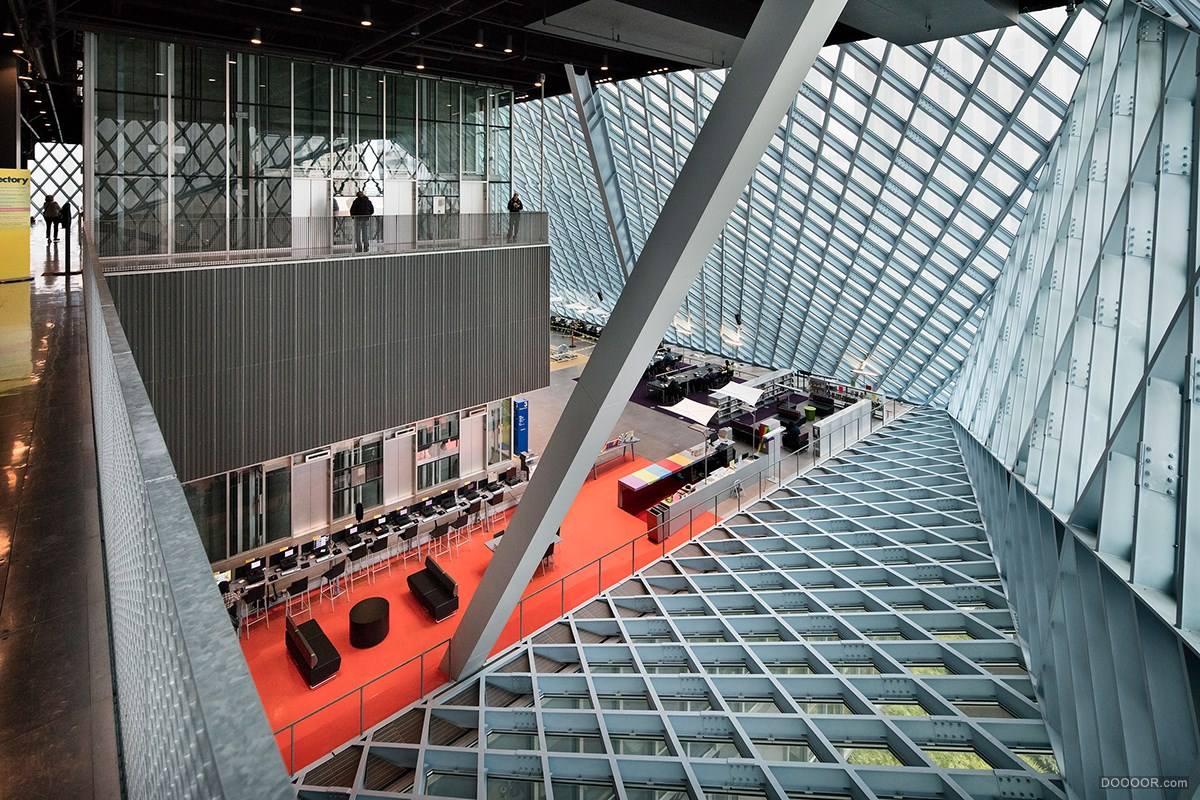
When talking about Macao writers, many people will certainly recognize the name Eric Chau, who has devoted over 20 years to the writing profession, he ridiculed himself as a very embarrassing situation to have been dubbed ‘a young writer of Macao’ for years. From the lecture ‘The Literature Landscape of Macao’ in the Macao Library Week 2018, readers have come to know more from Chau about the past and present of Macao literature, and they have even received a sharp wake-up call: how should Macao literature continue along the path, given the current situation?
Literary creations in Macao, compared with other cities nearby, seem to suggest a more laidback attitude and involve fewer conflicts or struggles, regardless of their genres. It seems writing literary works in Macao does not take much effort, but is this really the case?
Eric Chau, who was born in the 1970s, has unveiled certain ‘truth’ as a powerful witness of the literary development of Macao over the years. Macao writers have been deeply influenced by Chinese literature, with notable works such as novels written by Lao She and Lu Xun included in their childhood reading lists, and they have shared more similar traits with their Mainland counterparts than others in terms of wording and creative thinking. It is the books like Rickshaw Boy and Call to Arms that have exerted profound influences on him, Chau recalled. Clear traces of the personality development of Chinese people can be discovered in the books, with their behavioural principles and even inert weaknesses already analyzed thoroughly by the previous generations. All these factors have become important contributions to the start of many Macao writers’ creative journeys.
From being a keen reader of newspaper columns to becoming a friend and colleague with the writers, Chau admitted that the transformation some years back was unbelievable. For Chau - already a writer, co-founder and editor then for several early-stage fervent Macao literary magazines such as Mayfly-Style, Macao Literary Medley, Macau Modern Poems - becoming personally acquainted with prominent figures in the local literary scene like Wei Ming and Ling Leng was a real asset worth flaunting in an era when new media was not at all prevalent. Macao writers keep a low profile and do not have much stress for their livelihood. Most of them work full-time in the education sector and writing is more or less a pastime. ‘I knew early on that I could not ever become a famous writer, and that with writing I could hardly support myself, let alone a family,’ Chau said in a tone of self-mockery.
While some seek applause on stage and some strive to have their opinions heard, there are those who go under the radar and those who turn their backs on the literature circle. In an age where poetry is considered out of date, it is a great comfort to know that the creation of poetry is still alive and well in Macao. Despite all that, literary creation in the city cannot escape its own limitations. Chau pointed out two hidden concerns: the limitation of themes and the self-imposed limitation caused by the needless emphasis on the identity as a local writer, as writing itself should be based on limitless imagination. In a metaphor, he mentioned a recent work of his wife Leung Sok Kei, who is also a well-known local writer. The love and respect he exuded through his talking about her truly touched the hearts of the audience and has unexpectedly become another inspiration from the sharing session.



